Sharing: Tilapia Overcoming Prejudices
Export tilapia is becoming a new choice for farmers in Vinh Long. With stable economic efficiency and a relatively easy farming process, farmers feel more secure in production.
In recent years, in many coastal and riverside areas of Vinh Long, a number of aquaculture households have suffered losses from whiteleg shrimp farming. Volatile prices, complex diseases, and high investment costs have made traditional industrial shrimp farming increasingly risky. Against this backdrop, some households have boldly shifted to farming tilapia for export—a species that is not only easy to raise but also has a stable market thanks to contract farming with enterprises.

A typical case is the family of Mr. Phan Van Hiep (Hamlet 5, Binh Dai commune, Vinh Long province; formerly Binh Thang commune, Binh Dai district, Ben Tre). Previously, his family had tens of thousands of square meters of shrimp ponds, but suffered repeated losses. After research, he realized that tilapia is easy to adapt and has a guaranteed market through enterprise contracts. From a few trial ponds, after 2 years, he expanded to 20 ponds for export tilapia, each covering about 2,000 m².
According to Mr. Hiep, tilapia farming, while requiring strict procedures, is much more “manageable” than shrimp:
“Every 10–15 days I change the water and disinfect to prevent diseases. I also apply probiotics to reduce pollution. Tilapia are generally hardy, disease-resistant, and easy to manage.”
Each pond is initially stocked with fry at 30–40 kg in nursery nets. After one month, the fish are transferred to larger ponds. Within four months, the fish reach an average weight of 500 g each, with some up to 800 g. Each pond can yield about 80 tons of raw tilapia.
From his records, Mr. Hiep calculated that production costs for 1 kg of tilapia are about VND 27,000, while the minimum selling price is VND 33,000/kg, giving farmers at least VND 6,000 profit per kg. With pond yields in the tens of tons, profits are substantial.

Comparedto traditional industrial whiteleg shrimp farming, tilapia farming is more stable and less risky. Shrimp can wipe out entire crops with one disease outbreak, while tilapia have strong resistance and adaptability to both fresh and brackish water.
Thanks to its economic benefits, tilapia farming is spreading across the region. In Hamlet 5 alone, about 6 households have switched from shrimp to tilapia farming.
Beyond economic returns, the model also reduces environmental risks. The use of probiotics and scheduled water exchange helps limit water pollution and improve product quality. Contract buyers encourage standardized procedures, moving toward sustainable production for demanding export markets.
With aquaculture aiming to diversify beyond shrimp, tilapia has emerged as a promising choice. Vinh Long’s vast ponds, rivers, and canals are well-suited for this species. With technical support and contract farming, tilapia can expand further as a sustainable livelihood for riverside and coastal farmers.
According to the Department of Agriculture and Environment, Vinh Long’s aquaculture area is currently about 113,000 hectares. In August 2025 alone, 4,458 ha were stocked, with a harvest of 79,088 tons. Over the first 8 months of the year, 105,700 ha were stocked (95.57% of the annual plan), with 453,685 tons harvested (66.3% of the plan).
Tilapia Becomes a Specialty
In Ca Mau, cooperatives and households affirm that tilapia is not only nutritious and safe but also profitable when properly produced and processed.

Mr. Quach Minh Xuyen, Chairman of Minh Quach Cooperative (Tran Phan commune, Ca Mau), said:
“In the past, tilapia was considered cheap and hard to sell. But now, when we process it into dried tilapia, one-sun tilapia, and packaged products, the market responds very well. Consumers see the quality and are willing to pay much higher prices than for fresh fish.”
Currently, demand for raw tilapia exceeds supply, while the cooperative is expanding. It has registered products like dried tilapia and tilapia fish sauce for OCOP 3-star certification, aiming for broader markets.
In reality, processed tilapia products in Ca Mau already have stable outlets through restaurants and supermarkets. Each kilogram of dried tilapia fetches multiple times the price of raw fish, increasing farmer income and building a local specialty brand.
Ms. Le Thi Hoa (Nguyen Phich commune, Ca Mau) shared:
“Thanks to tilapia farming, my family’s income is stable, with over VND 100 million per year from two crops.”
Source: nongnghiepmoitruong
Aqua Mina's distributor in Japan: REX INDUSTRIES CO., LTD
- Address: 1-9-3 Hishiya-Higashi, Higashi-Osaka 578-0948 JAPAN
- Email: kimakubo@rexind.co.jp
- Phone: +81-(0)72-961-9893
- Website: http://www.rexind.co.jp/e/
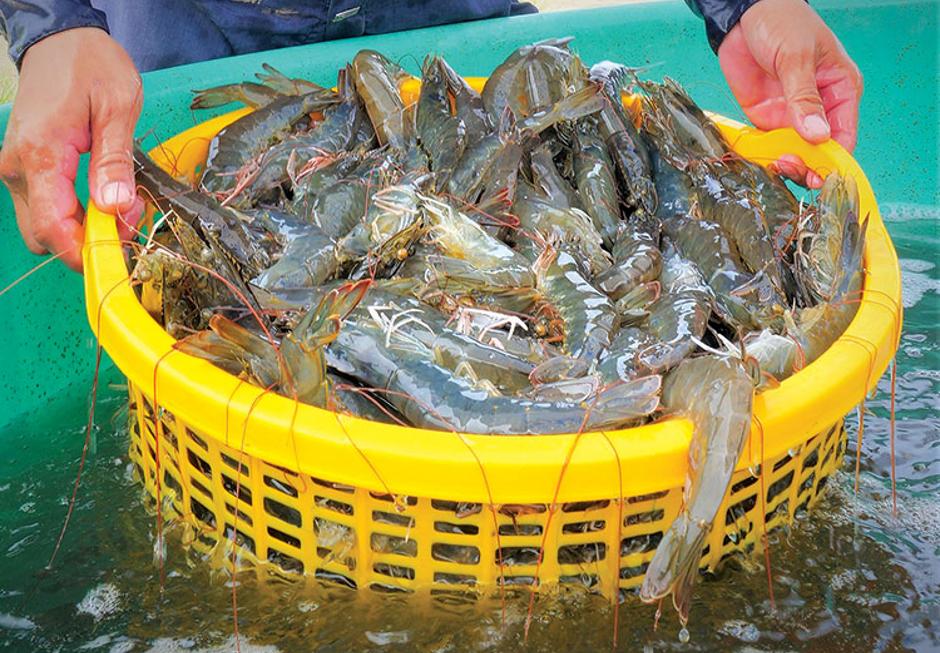
WE WORK FOR YOUR SUCCESS!
Ngày đăng : 13/09/2025
2535 View
Other Articles
Indian shrimp pivot to the EU, increasing competitive pressure on Vietnam
Indoor shrimp farming in Europe: Investment challenges and the race to find a viable model
Shrimp production surged in the first month of the year, with exports benefiting from strong demand during the Lunar New Year holiday
Quang Ninh Accelerates Digital Transformation in Shrimp Farming, Rising to Lead Northern Vietnam
Lucky money is not just about cash — it’s Aqua Mina’s wish for a worry-free farming season for our valued customers
Việt Nam's top 10 seafood exporters command nearly one-fifth of industry revenue
Ca Mau Maintains Its Shrimp Brand in International Competition
VIETSHRIMP ASIA 2026 & AQUACULTURE VIETNAM 2026 – A TURNING POINT FOR THE MODERN SHRIMP FARMING INDUSTRY
Ecuador's shrimp industry educational program SustainED kicked off its 2026
An Giang will start raising brackish water shrimp as early as the beginning of 2026
Aqua Mina conducts the on-site installation of two aquaculture air blowers | Ceramic Ball Bearing – 15 kW – 25 kPa for a customer in Quang Ninh
Towards Building Brand Value for the Shrimp Industry








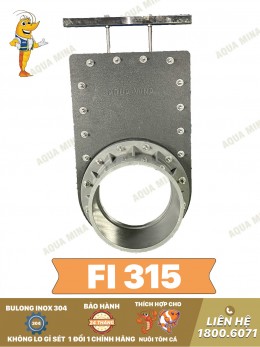
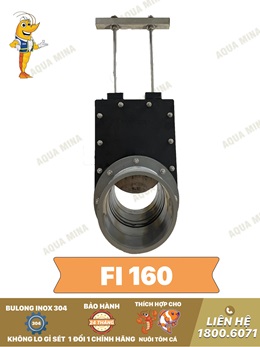
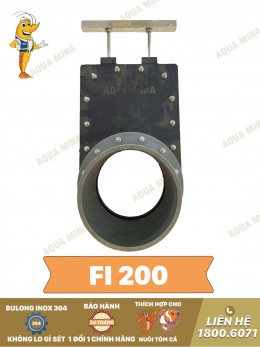
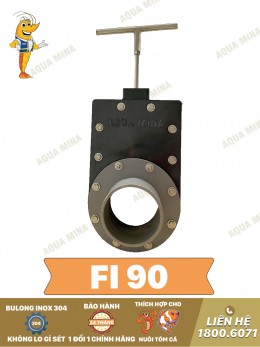
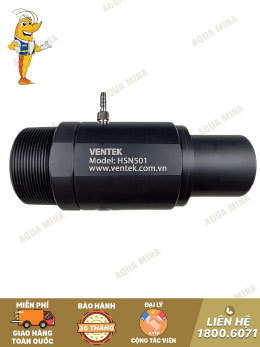
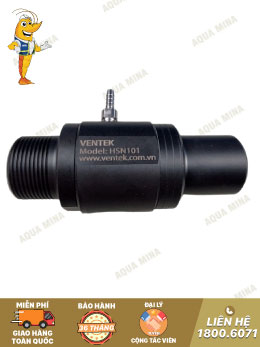
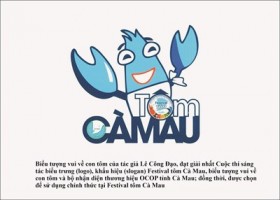
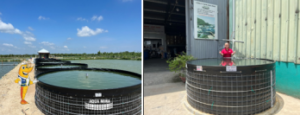
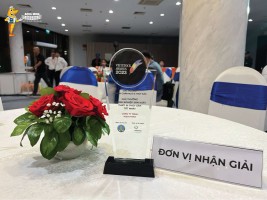
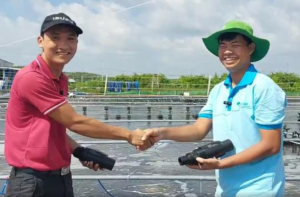
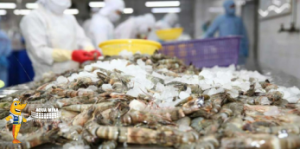
.jpg)